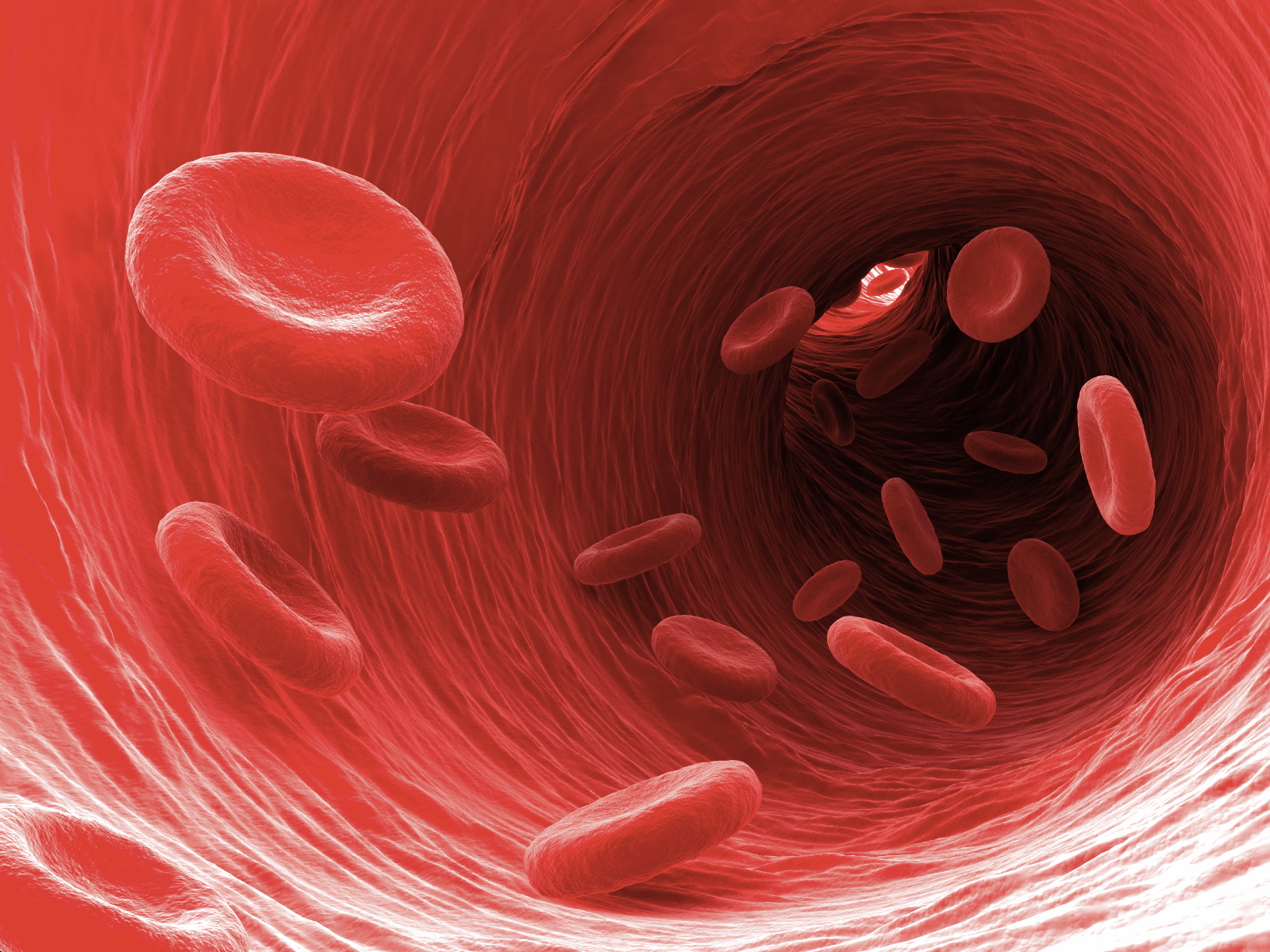
ANGLE PLC said “breakthrough research” supported the potential use of its liquid biopsy system to help prevent relapse in breast cancer patients that are in remission.
Scientists at Washington University School of Medicine, St Louis, Missouri, successfully used the Parsortix system to harvest disseminated tumour cells, or DTCs, “hibernating” in the bone marrow.
The device was evaluated alongside “multiple other approaches” and was found to be the most effective for harvesting DTCs, investors were told.
The tumour cells are thought to be in part responsible for the metastatic spread of the disease many years after it was thought to have been eradicated.
ANGLE pointed out some 25% of women previously diagnosed with breast cancer will relapse in this way.
“DTC presence in bone marrow has been shown in multiple studies to be predictive of clinical relapse,” said Andrew Newland, founder and chief executive of ANGLE.
“The risk of recurrence varies significantly by cancer type and many cancer survivors fear recurrence. Investigation and eradication of DTCs could greatly reduce the risk of relapse for breast cancer patients in remission.
“This work from the Washington University School of Medicine may provide a new avenue for the treatment of cancer and we are delighted that our Parsortix system is enabling this new approach.”
